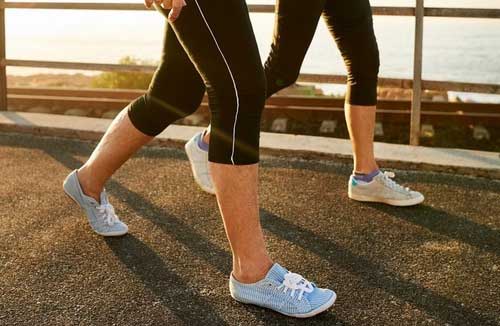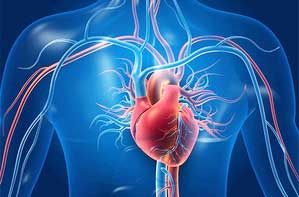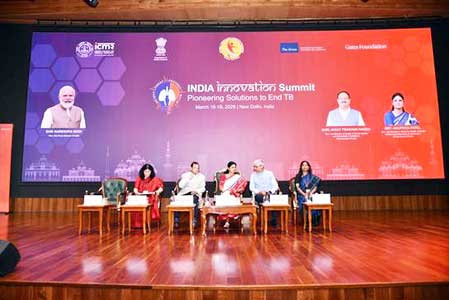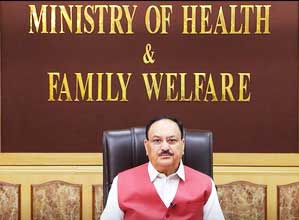Walking 7,000 steps every day can help older adults to reduce their high blood pressure -- a key risk factor for heart failure, heart attacks, and strokes, finds a study.
The study, published in the Journal of Cardiovascular Development and Disease, sought to determine if older adults with hypertension could receive these benefits by moderately increasing their daily walking, which is one of the easiest and most popular forms of physical activity for this population.
"It's easy to do, they don't need any equipment, they can do it anywhere at almost any time," said Duck-chun Lee, from the Iowa State University in the US.
The researchers found that walking speed and walking in continuous bouts did not matter as much as simply increasing total steps.
The team focused the study on a group of 21 sedentary older adults between ages 68 and 78 who walked an average of about 4,000 steps per day before the study.
After consulting existing studies, Lee determined that adding 3,000 steps would be a reasonable goal. This would also put most participants at 7,000 daily steps, in line with the American College of Sports Medicine's recommendation.
On average, the results showed that participant’s systolic and diastolic blood pressure decreased by an average of seven and four points, respectively, after the intervention.
Previously, other studies also suggest that decreases of these magnitudes correspond to a relative risk reduction of all-cause mortality by 11 per cent, and 16 per cent for cardiovascular mortality, an 18 per cent reduction in the risk of heart disease, and a 36 per cent risk reduction of stroke.
The new study also found that the 7,000-step regimen the participants in the study achieved is on-par with reductions seen with anti-hypertensive medications.
Eight of the 21 participants were already on anti-hypertensive medications. Those participants still saw improvements in systolic blood pressure from increasing their daily activity.
"In a previous study, we found that when exercise is combined with medication, exercise bolsters the effects of blood pressure medication alone," said Linda Pescatello, Professor of kinesiology at the varsity’s College of Agriculture, Health and Natural Resources.
"It just speaks to the value of exercise as anti-hypertensive therapy. It's not to negate the effects of medication at all, but it's part of the treatment arsenal,"said Pescatello.
"We saw that the volume of physical activity is what's really important here, not the intensity. Using the volume as a target, whatever fits in and whatever works conveys health benefits," she added.






Indian pharmaceutical exports get reprieve from Trump’s reciprocal tariffs
Because of the importance of India’s pharmaceuticals to US healthcare, those exports will get a reprieve from President Donald Trump’s reciprocal tariffs, according to the White House.
New AI algorithm to predict risk of cardiovascular events, heart-related death
A team of researchers in South Korea has developed a novel artificial intelligence (AI)-based algorithm that uses electrocardiograph (ECG)2 data to predict the risk of cardiovascular events, and heart-related death.